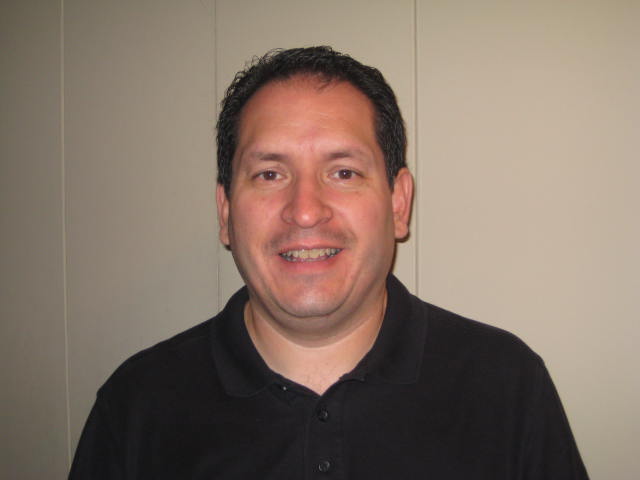by Grant Vitale, Community Programs Manager
CLOCC Community Networkers Ed Boone, Elvia Rodriguez-Ochoa, and Miguel Morales and I recently attended the Safe Routes to School (SRTS) National Conference. It was held on August 16-18, 2011 in Minneapolis, Minnesota.
The Safe Routes to School National Conference now in its third year was hosted by the National Center for Safe Routes to School and the Safe Routes to School National Partnership.
Ed and Miguel presented a Mobile Workshop on Coalition Building and the Neighborhood Walkability Assessment Tool under the conference heading, Coalition Building and SRTS Programming. Ed’s presentation focused on the successes of neighborhood coalition building in West Humboldt Park and Miguel’s presentation focused on the Neighborhood Walkability Assessment Tool and how to use it in community neighborhoods. People from a variety of organizations and disciplines attended the workshop. They turned out to be a group that was quite engaged and interested in the information presented. They commented on how interesting the CLOCC tool was and how it makes one think about intersections and blocks in a completely different way. It was great to take them out on the streets and show them how to assess the walking environment.
The SRTS National Conference offered walking tours and bike tours of Minneapolis as well as mobile workshops. The mobile workshops addressed a number of topics such as design solutions to increase cycling and safety and assessing walkability for users of ages and abilities. There was also breakout sessions on a wide variety of topics including injury prevention and social equality. Antonio Rosell from Community Design Group in Minneapolis conducted a presentation on community participatory engagement, which gave great examples on how to ensure community member participation and input for different types of projects and plans. Some of the concepts and ideas he presented will be very useful for the Networkers to use in neighborhoods when they are working to engage a wide variety of community members on a project. Ed Ewing from Bicycle Club Cascade presented on the Major Taylor Project which is very successful in engaging youth in cycling in the Seattle area. I especially enjoyed his presentation because it demonstrated the tremendous benefits of engaging youth in cycling. The youth learned how to ride bikes and they acquired bicycle maintenance skills. They were also able to progress from just learning how to ride to participating in endurance rides, which was amazing to see. This session definitely relates to our work in West Town.
For more information on walkability, visit the Walkability Assessment page on the CLOCC website. For more information on Safe Routes to School, visit the Safe Routes to School National Partnership website.




